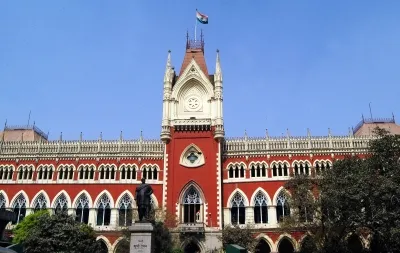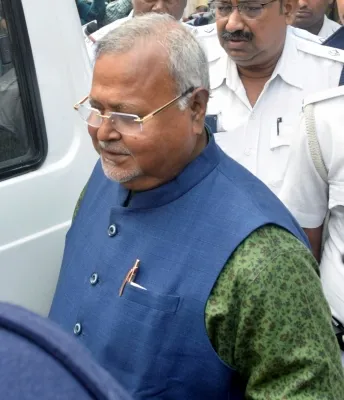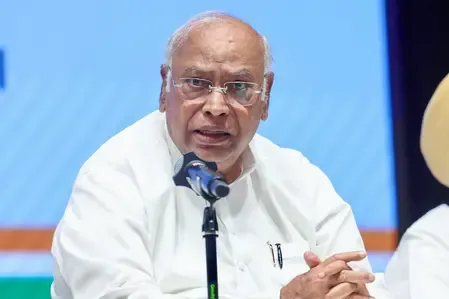Why is the Bengal government appealing the Calcutta HC's interim stay on stipends for job-losing non-teaching staff?

Synopsis
Key Takeaways
- West Bengal government challenges court ruling
- Financial support for job-losing staff
- Legal complexities in administrative decisions
- Supreme Court ruling impacts thousands
- Humanitarian grounds for the stipend scheme
Kolkata, July 29 (NationPress) The government of West Bengal has taken legal action by approaching the Calcutta High Court to contest the decision made by a single-judge bench that imposed an interim stay on its stipend scheme for non-teaching staff who lost their jobs due to a Supreme Court ruling in April.
On June 20, Justice Amrita Sinha of the single-judge bench had issued an interim stay, which will remain effective until either September 26 or until the court provides further instructions regarding the case.
On Tuesday, the West Bengal administration pursued its challenge against the single-judge bench's ruling by requesting a review from a division bench. In its petition, the state argued that the stipend was intended to offer relief to non-teaching personnel affected by the apex court's judgment, emphasizing that it should not encounter obstacles on humanitarian grounds.
In May, the West Bengal government unveiled a notification heralding the new scheme via the state Labour Department. Under the “West Bengal Livelihood and Special Security Interim Scheme”, Group-C staff who have lost their jobs would receive a monthly stipend of ₹25,000, while Group-D employees would be entitled to ₹20,000 each month.
Chief Minister Mamata Banerjee introduced the scheme, explaining that it was developed under the state Labour Department due to the propensity of certain individuals and vested interests to file public interest litigations against state government decisions in the Calcutta High Court.
Nonetheless, legal challenges emerged following multiple petitions filed against the notification.
On April 3, the Supreme Court upheld a Calcutta High Court decision that invalidated 25,753 school appointments made through the WBSSC, noting that the panel needed to be entirely dissolved due to the authorities' inability to differentiate between “tainted” and “untainted” candidates.
In response, the state government and the WBSSC have submitted review petitions to the Supreme Court, seeking a reassessment of the ruling.








